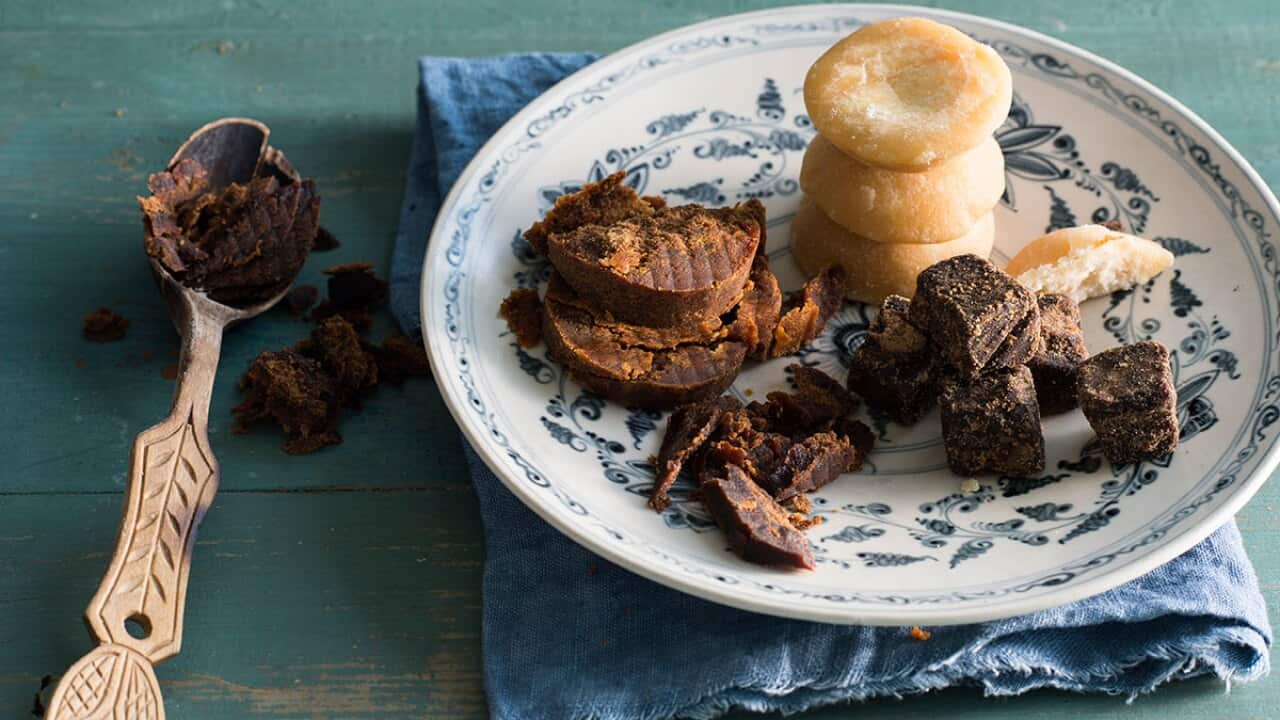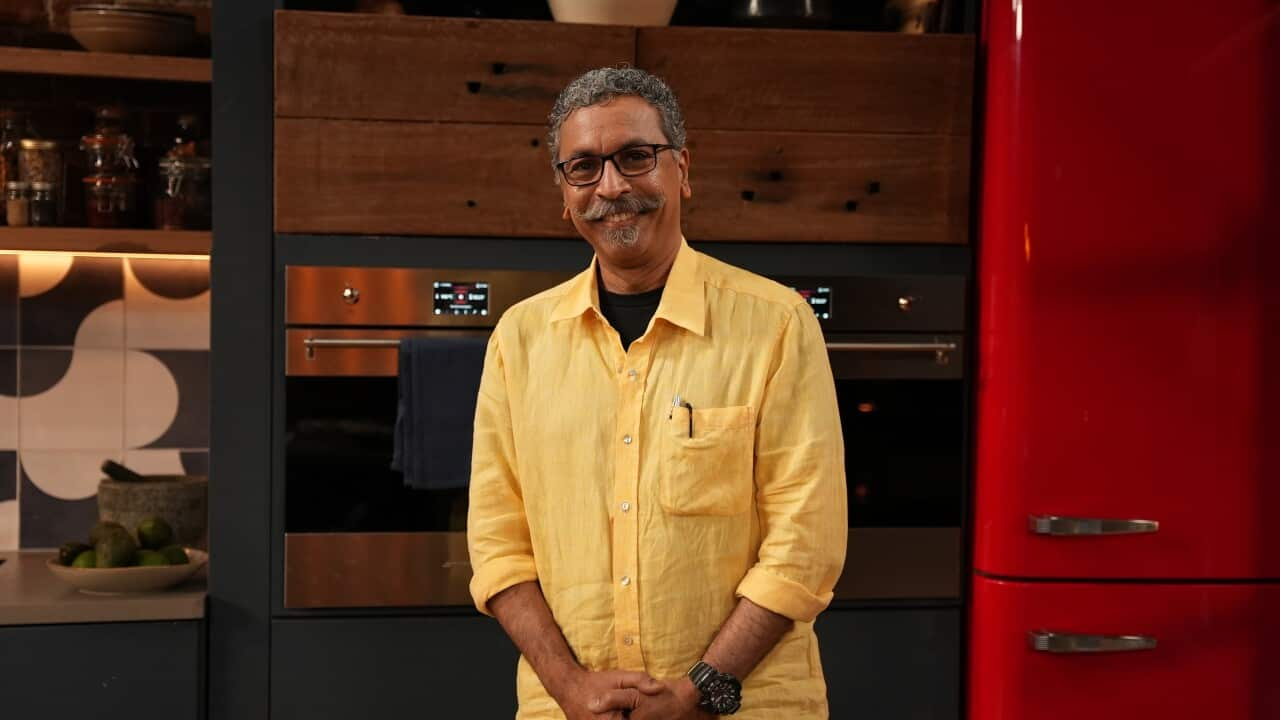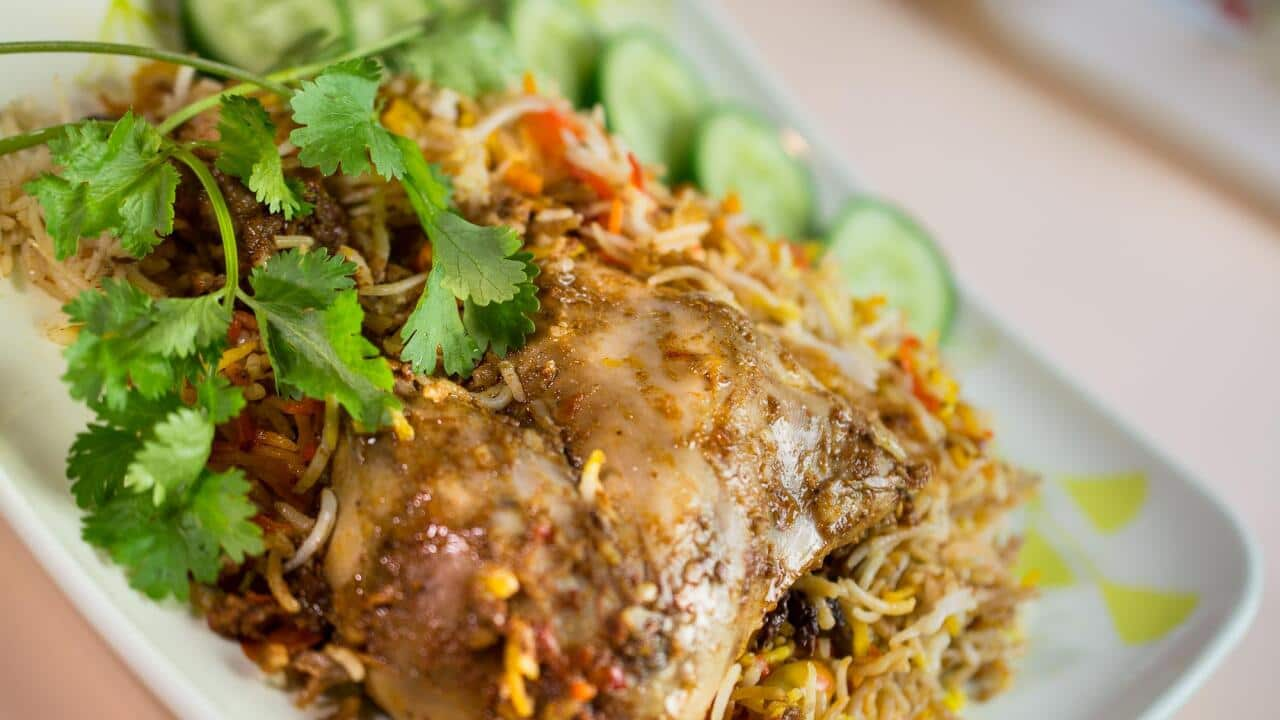Some of the enduring festivals around the world are those that celebrate a bountiful harvest, whether it's Onam in India's Kerala, or the Mid-Autumn festival in China.
Pongal is a Hindu harvest festival celebrated over several days by the Tamil community in January. It involves giving thanks for the things that make an abundant harvest.
Kayden Dias, the Melbourne-based owner of online Indian food store , explains, "On day one (Bhogi Pongal), we thank the gods and goddesses." On day two (Surya Pongal), devotees thank the sun god, Surya. On day three (Mattu Pongal), they honour the cows that helped work the land.
Some people also celebrate day four (Kanum or Kaanum Pongal), signalling an end to the festival and which involves connecting with others, including family.
Each day has certain rituals. For example, on Bhogi Pongal, it's tradition for families to cleanse the home by discarding old possessions with bonfires. "When I lived in Chennai, this is the day when airplanes will be delayed because there's too much smog in the air," Dias says.
On Surya Pongal, devotees make pongal. This involves boiling a pot of milk with rice until it spills over, symbolising abundance. There are different types of pongal, including chakkara pongal, which contains jaggery, ghee and cashew nuts. There's also venn pongal with moong dal, sambar (lentil vegetable stew) and chutney.
There are different types of pongal, including chakkara pongal, which contains jaggery, ghee and cashew nuts. There's also venn pongal with moong dal, sambar (lentil vegetable stew) and chutney.

Source: Ishara S. Kodikara/AFP/Getty Images
"There's nothing like going over to my friends' house for Pongal because there would be a complete vegetarian feast," Dias says. The feast would have two types of rice, such as lemon rice and tamarind rice. It also had , which is made from fermented rice. They'd eat it with potato and peas, fried green bananas, yam chips, vegetable korma, vegetable pachadi (pickles) with yogurt and papadums.
The feast would have two types of rice, such as lemon rice and tamarind rice. It also had , which is made from fermented rice. They'd eat it with potato and peas, fried green bananas, yam chips, vegetable korma, vegetable pachadi (pickles) with yogurt and papadums.

Sweet chakkara pongal is served in a traditional clay pot. Source: Getty Images
"For dessert, we might have payasam, which is a drink made with milk, rice vermicelli and maybe sago. Just talking about this food is making me hungry."
Just talking about this food is making me hungry.
Dias also recalls a special sambar dish of rice and freshly harvested vegetables that his extended family makes. "The vegetables are not what you typically see in sambar, like raw banana and pumpkin. My brother-in-law's uncles' family makes this type of sambar as they are farmers and harvest these veggies along with rice and groundnut."
PONGAL FOOD

Rice and lentil pudding (sakkarai pongal)
Luneswary Jayasingham is a Malaysian Indian who also lives in Melbourne. She teaches her kids to thank the sun, gods and farmers for the harvest during Pongal. "We celebrate it on just one day in Malaysia and the day before Pongal we throw away all the old things," she explains.
However, both Dias and Luneswary boil a pot of milk outside their home and let it overflow during Pongal. "In India, people have a makeshift woodfire stove outside to do this," Dias explains. "And since sugarcane is also harvested at this time, people put stalks of sugarcane around the woodfire stove almost like decoration." Luneswary adds, "The pot should face the sun and we boil it on a gas stove or woodfire. In Australia though, I do this indoors during sunrise because I don't want to get a fine from the council."
Luneswary adds, "The pot should face the sun and we boil it on a gas stove or woodfire. In Australia though, I do this indoors during sunrise because I don't want to get a fine from the council."

Source: Khichdi Khichri
She boils it with sugar, sultanas and rice. "Basmati rice works, although my mum would use broken rice which I think helped speed up the process."
For her vegetarian feast, she too makes rice with sambar, long beans, pumpkins, and vegetable curry with potatoes. Dessert might include payasam with , or .
From now on, Luneswary is thinking of using a camping stove outside her home to boil the milk, which feels like a sensible mix of traditional and local laws.
MORE FOOD FROM INDIA

Aunty Meg's Kitchen: From Indian-South African catering to bricks and mortar







